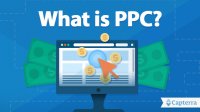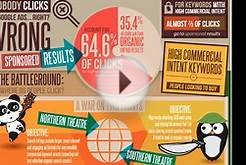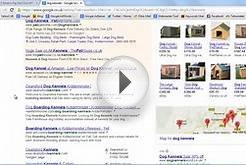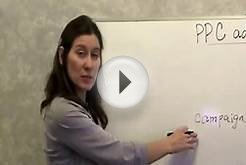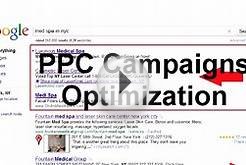If you’ve been considering taking the plunge into PPC marketing, and you have some basic – very basic – questions before getting started, look no further. Here you’ll find answers to 10 frequently asked questions from PPC beginners and hopefuls – that is, people who have heard of pay-per-click marketing and Google AdWords, but don’t know much else.
Naturally, if you have a beginner question that isn’t answered here, let us know in the comments and we’ll do our best to help you.
Table of Contents
Keep reading to find out the answers!
What is PPC marketing?
PPC, or pay-per-click marketing, is a form of web advertising that allows companies to place advertisements in search results or elsewhere on the web, paying only when somebody clicks on an ad, rather than paying for impressions.
There are two main types of PPC:
- Search engine advertising: Advertisers bid on keywords in order to have their ads appear in the search engine results when somebody performs a search that is relevant to their business. It’s a brilliant system because the search query provides a strong indication of what the searcher is looking for, so advertisers can focus their marketing dollars on the audience that is mostly likely to buy from them, rather than broadcasting a message to a very general, unspecified audience (as in traditional TV, radio, or magazine advertising).
- Advertising on partner networks: You can also place ads (both and display ads, or banner ads) on a large network of partner sites. These tend to be less targeted than ads tied to particular keywords, but they are also cheaper (i.e., have a lower cost per click). (Remarketing campaigns, however, are highly targeted, because they show display ads to a specific audience that has already visited your website.)
PPC marketing is a “pay to play” way to get exposure in search engine results. Organic search engine optimization (SEO), on the other hand, consists of efforts to “earn” a free spot on the SERP. Both SEO and PPC have advantages and disadvantages, and most businesses will find that a mix of both marketing channels (along with other methods of lead generation) works best.

